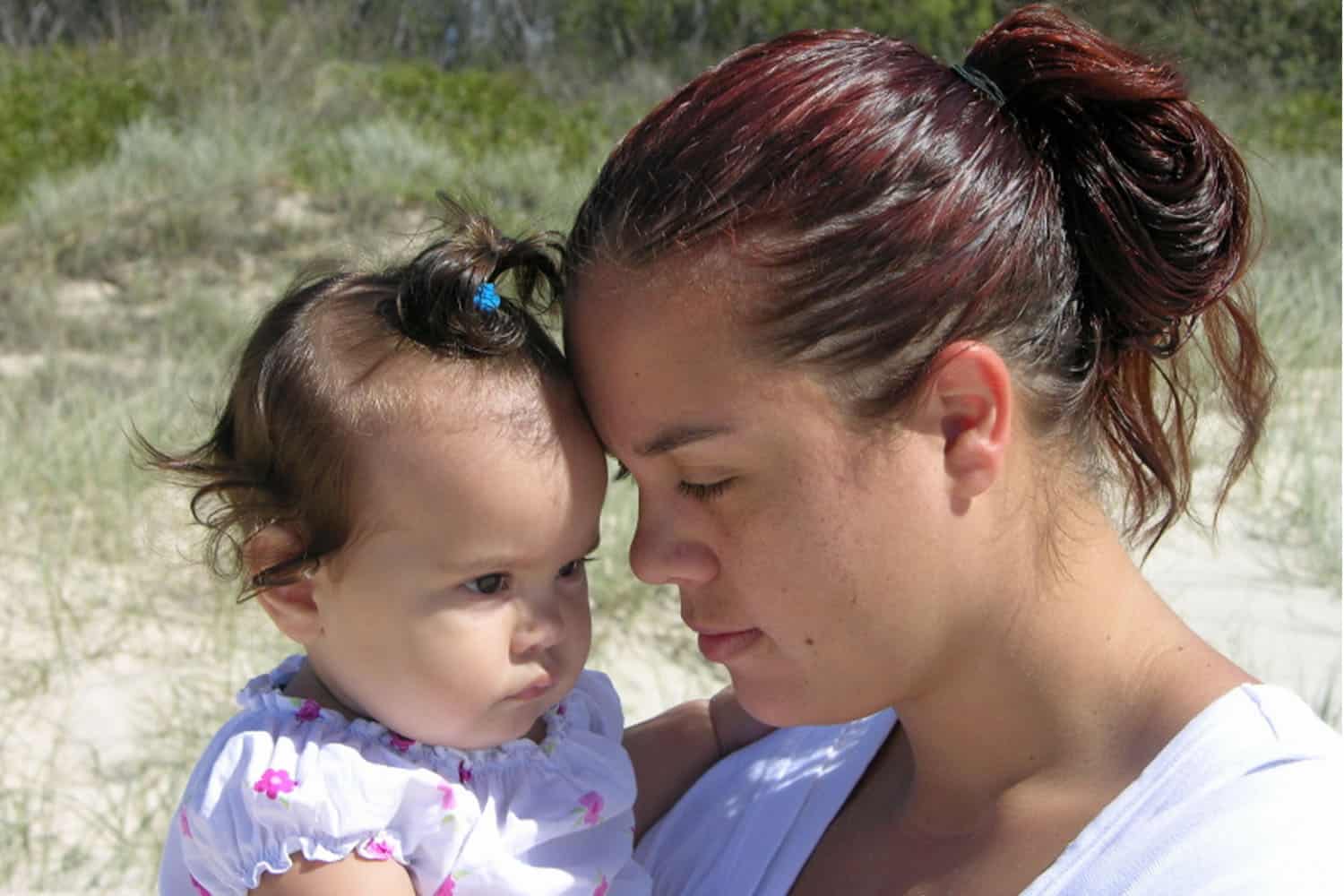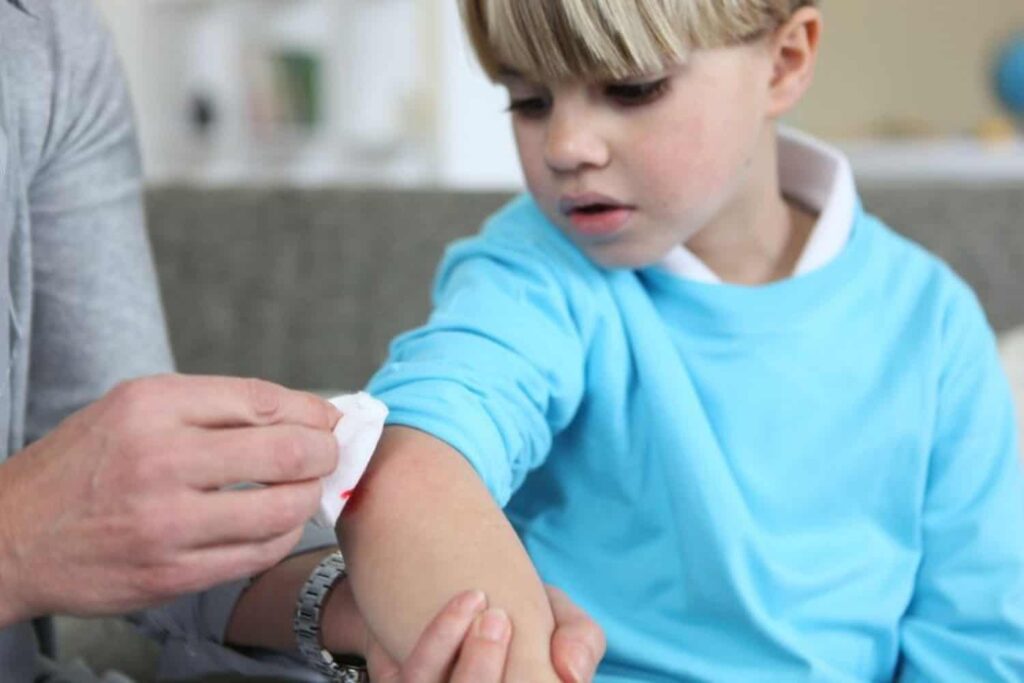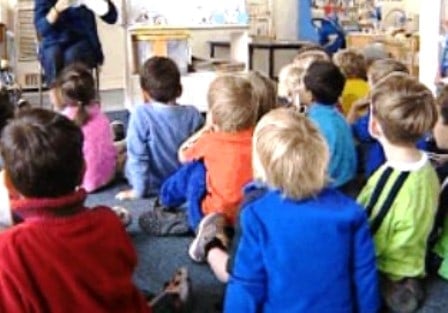Parent vaccination issues.
November 19, 2021.
How many parents and caregivers will be limited from participating in ECE and how many children will have a delayed start or be withdrawn from early childhood education because the Ministry of Education has said that parents performing certain roles do not have to be vaccinated and parents performing other roles do. Yet it hasn’t said that parent vaccination is mandatory. As reported today by Radio NZ, the Ministry is not keeping unvaccinated parents out of schools.
Contradictions and confusion on parent vaccination
The COVID-19 Public Health Response (Vaccinations) Order 2021 requires all workers (voluntary and paid) in education and health to be vaccinated against Covid-19. This applies to any person over the age of 12 years who carries out work at or for a licensed ECE service, as well as all persons in the home where licensed homebased care is provided.
But the Order does not cover clients and patients of health and education services. It does not require parent vaccination.
In our newsletter of 29 November, we stated that the Order “does not prevent parents from being involved in their child’s learning and ECE services can continue to welcome parents to stay. This is an important part of the philosophy of early childhood education and care, and is central to achieving better outcomes for children. But all ECE services will need to provide clear communication to parents and whānau that before assisting, for example reading a story to other children or doing dishes, they will need to provide proof of vaccination.”
However, the Ministry of Education wrote in its 3rd Nov 2021 Bulletin that early learning (sic. early childhood education (ECE) services) could only allow unvaccinated parents and caregivers to drop off or pick up their child, attend a meeting (the example given was a parent-teacher interview), or to settle their child in. Parents and caregivers must be vaccinated to stay in education and care centres that provide specialist early intervention support for children and parents/caregivers.
The Ministry of Education provided services with a template of a letter to give to parents that explicitly states families are not to spend any time in the service once their child has settled in, unless they have had a first vaccination by 15th November and are fully vaccinated by 1 January 2022.
A lack of clarity from the Ministry on several matters will see more services changing from an open-door policy with parents, caregivers and whānau to a closed-door policy for all (including those who are vaccinated)
- The Ministry has not done well in communicating with services and teaching staff on whether they have a right to ask for vaccination certificates from whānau.
- The template for a Vaccination Register it provided to services is for workers (paid and voluntary) and includes fields to write in the employee’s number and the type of work undertaken. It has not instructed ECE services to use the Vaccination Register for parents, caregivers and whānau.
- Different ECE services have interpreted what the Ministry wants them to do differently. For example, one has decided not to let any parents in the door, no matter what, even on an infant’s first day.
- The Ministry has not defined what constitutes “settling-in” and how long would be too long for a parent or caregiver to stay with their child for settling-in before the unvaccinated parent would be in breach of the Order. Does the exception for “settling-in” apply only for families new to a service? What about children who become anxious about their parent leaving for whatever reason at any time? And, children returning from a holiday break can need a period of settling-in.
- It’s inconsistent to allow unvaccinated people to stay when setting-in their child but not allow an unvaccinated mum to stay and breastfeed her infant, or not allow parents to respond to their child’s pleas to stay and watch them paint a picture for them.
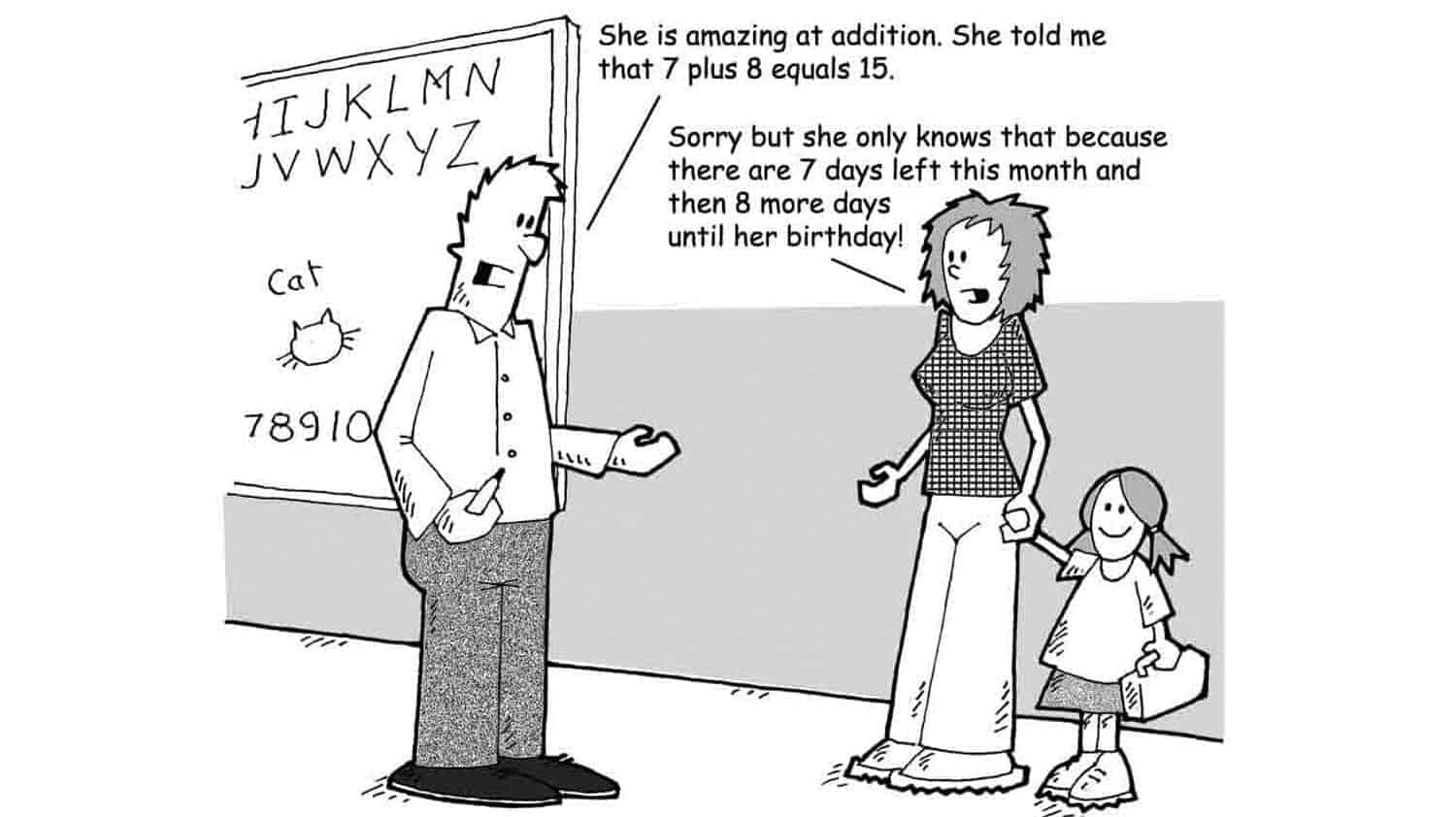
The Problem
The Ministry of Education either believes that it will be good for all teacher-led centres and home-based services to reduce their quality by becoming ‘drop and run’ services, or it has not thought through the implications of its messaging. As a sector is this what we want services to become?
Quality teaching builds partnerships with children’s family and whānau.
(MoE Best Evidence Synthesis, Early Foundations, 2003).
Should the Ministry be keen to avoid the headline that parents, caregivers and whānau (and therefore in some cases their children too) are banned from ECE (along with non-vaccinated workers), perhaps it could say it will review its position and interpretation of the Vaccination Order when under 12s can be vaccinated?
Implications
Because vaccination is not yet available for under 12s, it is understandable that the Ministry of Education feels it has no choice but to limit non-vaccinated/ non-disclosing parents and caregivers from being on site and near other people’s children.
But this will result in children being excluded from ECE. It will also limit the participation of children, especially children with special needs whom teaching staff are unwilling or unable to meet, such administering Rectal Diazepam to manage epilepsy seizures or applying emollients to the child’s body several times a day as treatment for eczema.
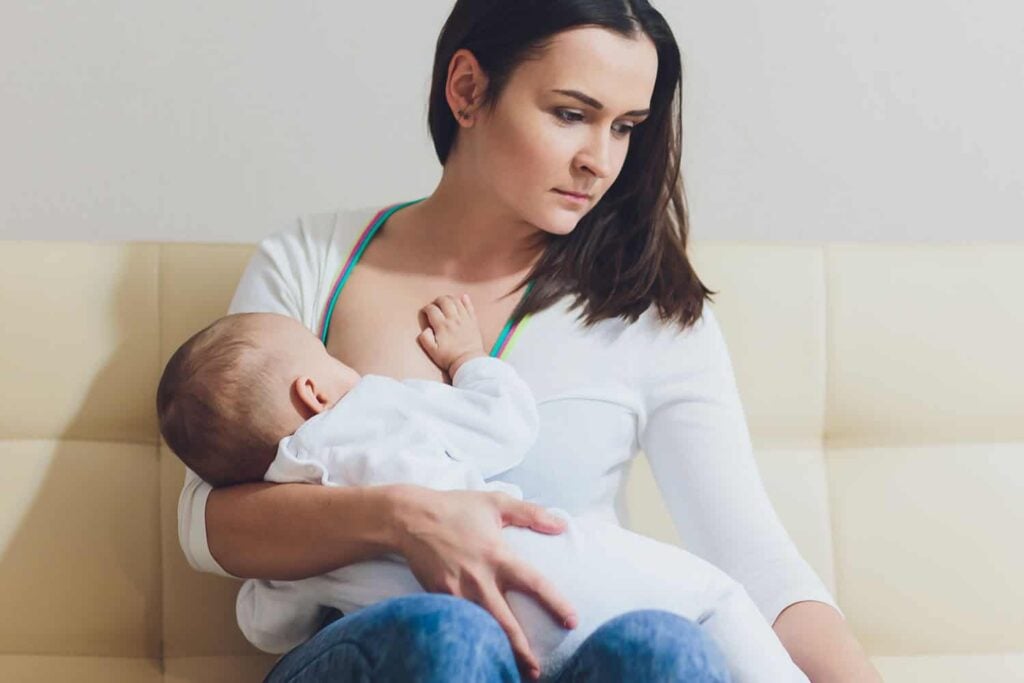
Parents who are breastfeeding may feel they have no choice but to withdraw their child or delay enrolment, as will parents who are concerned that they are unable to see what happens to children behind closed doors.
The Ministry of Education told service providers in its Bulletin that they could call the Police if they have trouble with an unvaccinated person wanting to come on site. ECE staff and managers could be faced with some very tricky situations to manage and explain, especially when separation, exclusion, and reporting of parents and caregivers is not in the best interests of the child.
So far, the Ministry of Education has left ECE services wishing to uphold the kaupapa of early childhood education to work out how they can possibly do this. An option some services are considering or have already resorted to doing, is to meet with individual families outside of the licensed space and funded hours of operation.
Given these implications what do you think needs to happen now?


